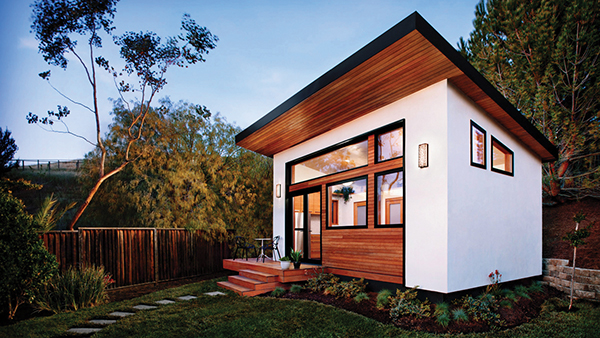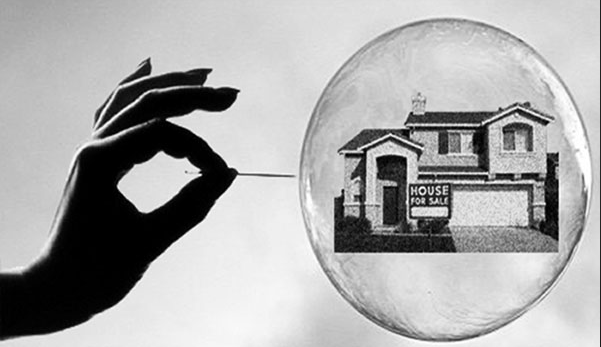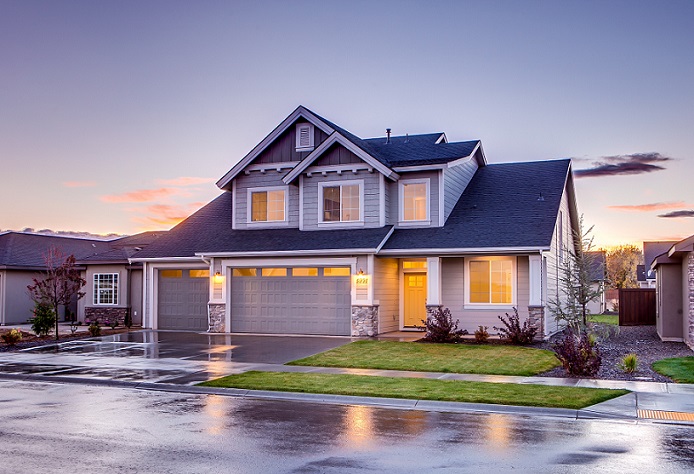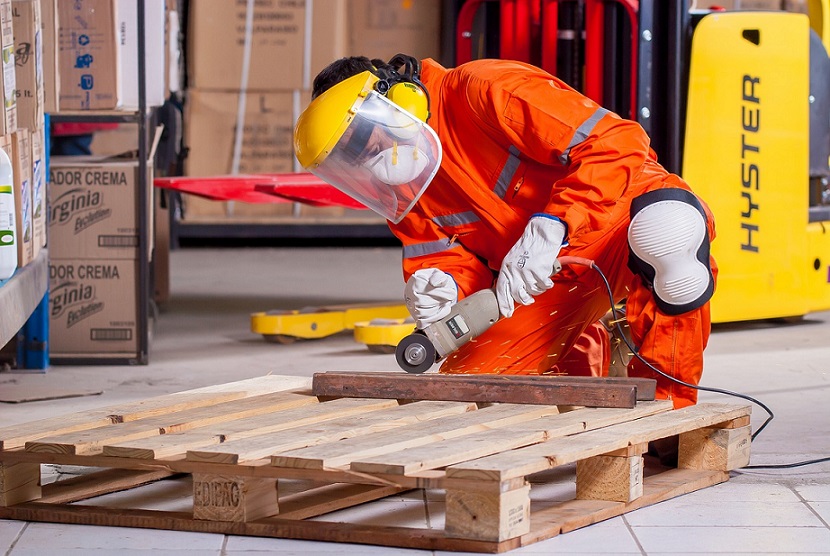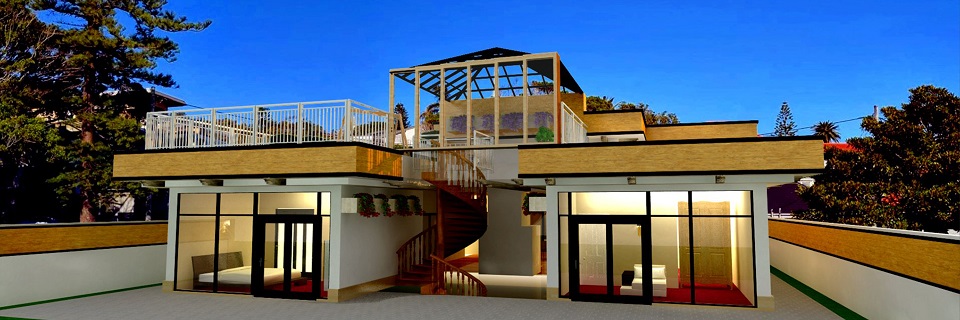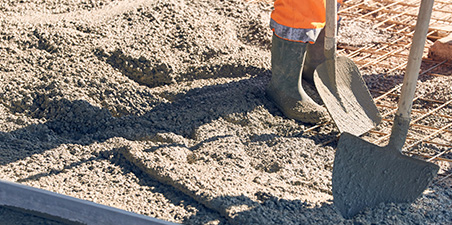
In the past ten years, there have been a number of advances in new concrete technology. Improvements for concrete production are constantly being made--especially in production areas such as recycling, mixture proportioning, environmental friendliness, and durability. However, with such new changes, there will always be people resisting to use these new innovations--whether it be based on the cost of the procedure or the lack of knowledge on how to use the new technology.
New changes can be a little daunting at first. But with a little bit of time, they will breakthrough and start gaining acceptance in industries. Concrete has been used for many years now, and is constantly being improved by mixing them with different types of components.
Environmental Friendly
A relatively new and "green" concrete is called high performance concrete, also known as HPC. High performance concrete contains materials that are recycled... making it a better concrete alternative to use if you want to help out the Earth. Fly ash from coal burning, ground granulated blast furnace slag, and silica fume are some of the recycled materials that are used in HPC.
Being able to use recyclable material to create HPC is nice and all, but the main benefit is the reduction in usage of cement. Without having to use or produce as much cement as regular concrete, the reduction in both carbon dioxide emissions and energy consumption will decrease. Ultimately improving the whole global warming situation, in addition to the usage of recyclable material.
Strength & Durability
Another new concrete technology that has more tension and strength than normal concrete is BSI. This fiber-reinforced concrete is mixed with other dry components that allow it to have a much higher densiy than standard concrete. Additionally, structures built with BSI will need far less cement (again, more environmental friendly than regular concrete). With the attribute of having a high density, BSI concrete has a really strong tolerance towards corrosion from chemicals. Overall, structures that are built with BSI concrete will not only have a really strong foundation, but a longer life span and require less maintenance.
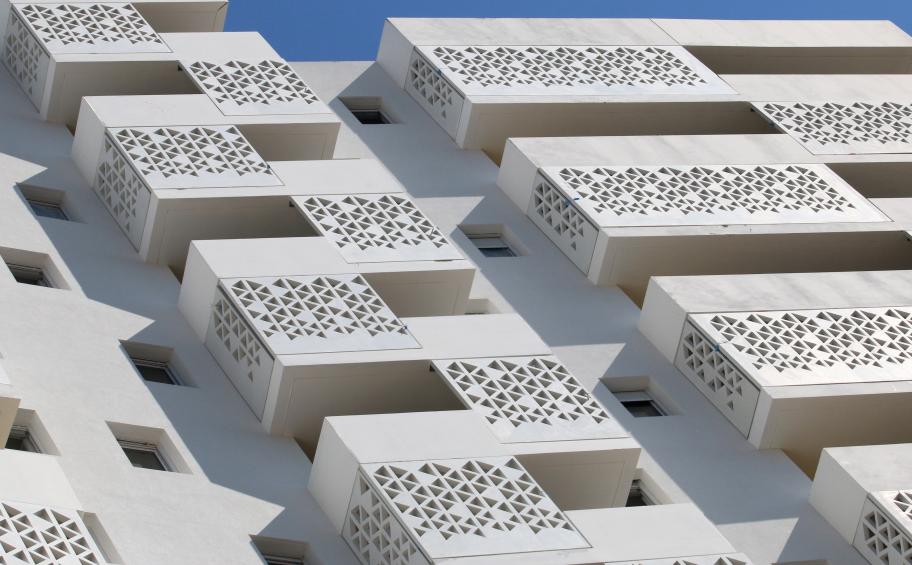
BSI is a good option for concrete with a high density--however, there is another type of concrete that outshines BSI. Ductal is another new concrete technology that is created using steel or organic fibers that help formulate its high density level. As ductal is very strong in terms of density, it is currently being tests for usage on big structures such as tunnels, bridges, buildings, and nuclear containment structures. As far as pricing goes, Ductal is more expensive than regular concrete--but that much is expected with the amount of benefits that you receive from it. With ductal, no steel rebar is needed, less material is needed, structures will be thinner, and will required less maintenace costs.
In conclusion, there are many different types of concrete technologies that are extremely beneficial depending on the situation you need it for. A quick google search and a little bit of research will do the trick to find out what fits your needs!


